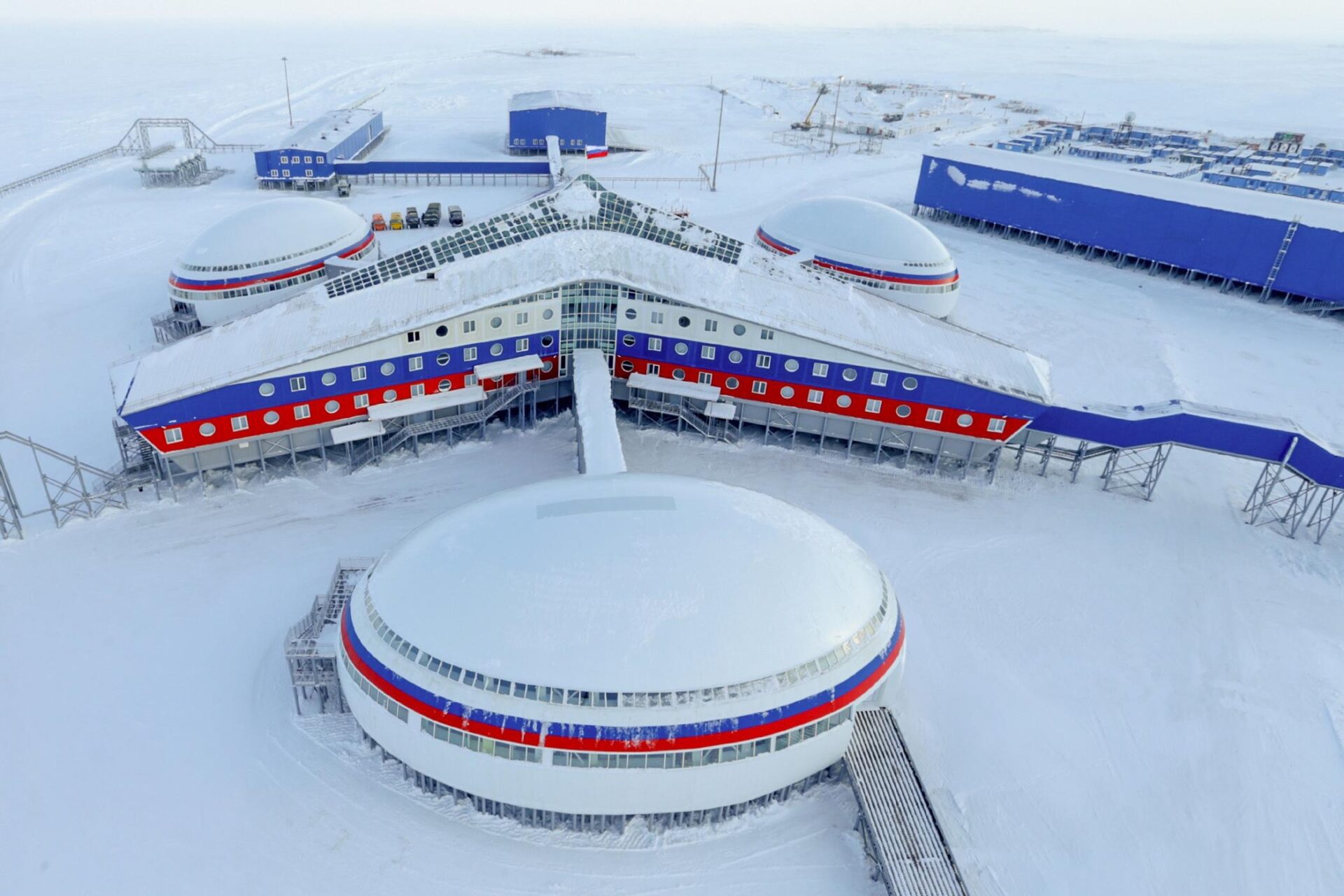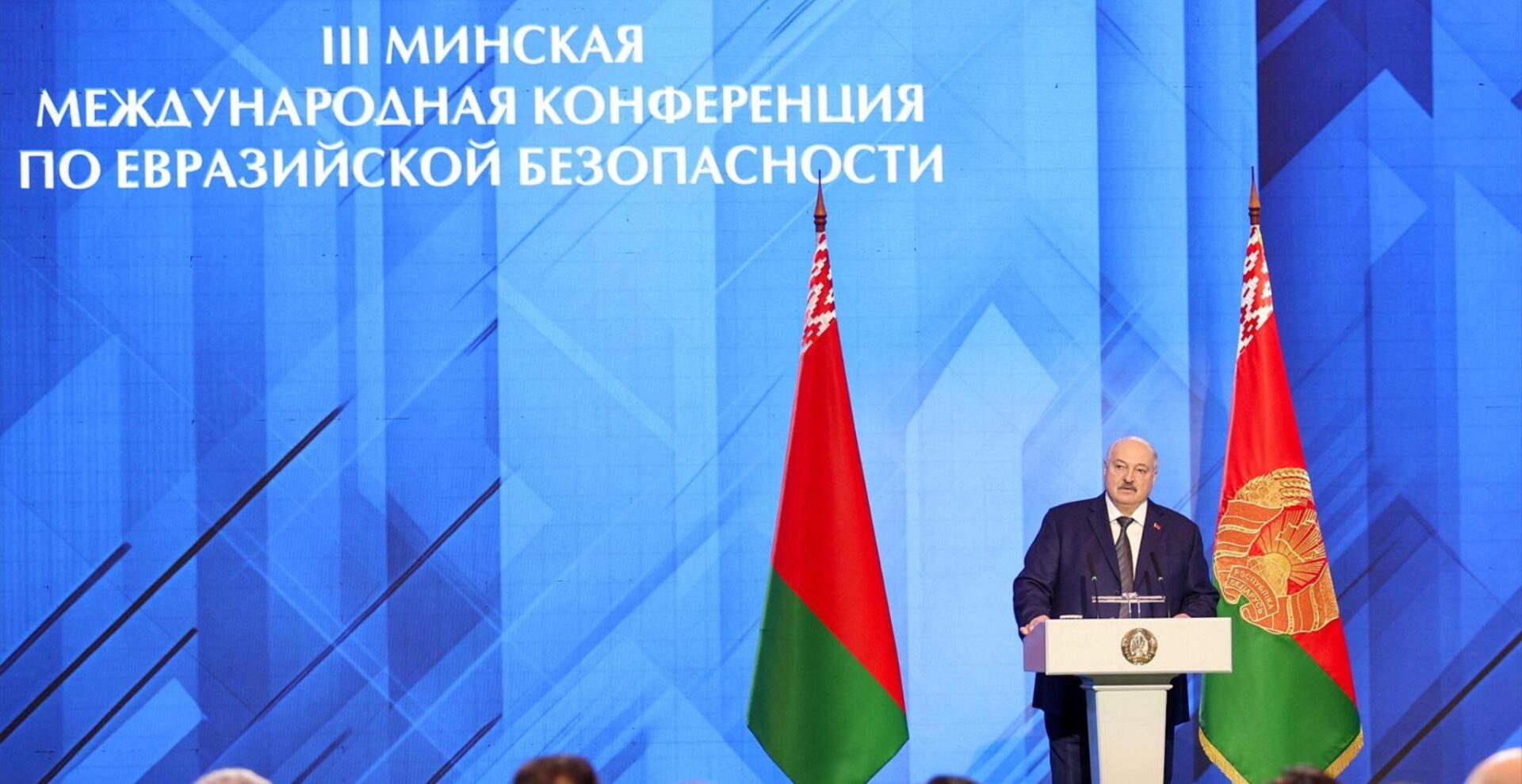
Kremlin Divided About What to Do Inside Russia if and When War Against Ukraine Ends
Kremlin Divided About What to Do Inside Russia if and When War Against Ukraine Ends
Executive Summary:
- The Kremlin is now actively debating what Moscow should do if and when Russian President Vladimir Putin’s war against Ukraine ends, focusing first and foremost on how to reintegrate veterans lest they spark unrest and even chaos on their return.
- Moscow is also concerned about a much larger set of problems that will arise if the war winds down, including coping with a new opening to the West and dealing with pent-up demand for things postponed during the war.
- Russian officials are divided about the best course forward, with some calling for concessions to win support and others favoring more repression at home and aggression abroad to maintain power. The settlement Putin gets will likely determine which side wins out.
The Kremlin is beginning to actively talk about what it should do once Russian President Vladimir Putin’s war against Ukraine winds down, focusing first and foremost on how to reintegrate veterans of that conflict into society lest they spark unrest and even chaos upon their return (see EDM, March 13, September 24, 2024). That focus was suggested two weeks ago by a well-connected Telegram channel, Faridaly, which outlined compelling reasons for Kremlin concern (Telegram/faridaily24, reposted and translated at Meduza, March 17). The sudden return home of upward of 700,000 veterans who have gotten used to high pay and status, are often heavily armed and suffer from professionally untreated post-traumatic stress disorder (PTSD), self-medicating instead with alcohol or drugs (Bumaga, March 5; Fond strategicheskoi kul’tury, March 26). Reintegrating them into peaceful life without unsettling those who have remained at home would be an enormous challenge for any government. It is an especially difficult task to achieve for the Putin regime, which is shockingly unprepared. As a result, it is highly likely many, but of course not all, veterans will turn to crime or other forms of asocial behavior, including joining radical Russian nationalist groups, such as the Russian Community, that sometimes work with the Putin regime but are a latent threat to it (see EDM, October 15, 2024; Prodolzheniye sleduyet, January 14; Window on Eurasia, March 15; Idel.Realii, March 28). This is a development that would require even more repression at a time when the authorities are already suffering from a shortage of police. Putting veterans, many of whom have criminal backgrounds, into police service could upend the system (see EDM, March 11). There are already signs of marauder behavior in places where there are not enough police (Echo FM, March 26).
The problem of returning veterans is only one of a much larger set of challenges the Putin regime will face if and when its war against Ukraine winds down or ends. Many of those challenges likely represent an even greater threat to the regime than the veterans. According to a report by the independent Vyorstka portal, the Kremlin is increasingly divided about how to address these problems (Vyorstka, March 28). Among the most serious of these that Vyorstka points to is anger that many Russians feel toward veterans getting preferential treatment given the prominent role of “heroes of Russia” the Putin regime has assigned to them (Noviye Izvestiya, March 26). There are also rising expectations in the Russian population that Moscow will now fund social projects that it cut back to pay for the war and reduce the repressions it has justified because of the conflict (Gorizontal’naya Rossiya, March 26). The Kremlin will also face the effects of a new opening to the West on the heels of the Kremlin’s demonization of all things Anglo-Saxon and European, and even face the possibility that many Russians will expect some return to the status quo that was upended first by the COVID-19 pandemic and then by the war against Ukraine. The Kremlin will find all these expectations difficult if not impossible to meet without taking the kind of steps that might be popular but would undermine the current power arrangements in the Putin elite. Moreover, and at the very least, such changes would intensify conflicts within the Kremlin elite. They could even open the door to a situation, in which these fights would intersect with broader conflicts in the population, leading to a potentially revolutionary situation.
Unsurprisingly, many in the Kremlin oppose any relaxation in pressure on the population and believe that Putin’s position and their own will remain far more secure if they keep Russia on a war footing. This could happen either by prolonging attacks on Ukraine or launching them elsewhere, continuing to militarize the economy and thus restocking the Russian military’s much-depleted stockpile of weapons. To that end, those holding such views are prepared to increase the level of repression in the Russian Federation lest the population become more active and demand that its needs and wants be considered. Their approach is more consistent with Putin’s attitudes up to now and with the Stalinist precedent after World War II. Both the Russian leader and the current situation, however, differ from what was true with the Soviet dictator and the Soviet Union in 1946. The problems that the end of the war in Ukraine presents mean that their view is no longer the only one near the top of Putin’s power vertical (Meduza, March 28).
Consequently, one of Vyortska’s sources close to the Presidential Administration says that the top leadership is even now discussing what might be called a “road map for normalization,” a euphemism for a return to pre-war conditions as far as conditions inside the Russian Federation are concerned. The source concedes, however, that many are opposed to any liberalization, lest it lead to more demands for a return to an earlier and freer period. They instead argue that the only way forward is to use more repression rather than less. Consequently, it is far from clear which group will gain the upper hand (Vyorstka, March 28).
This debate is certain to intensify as talks between Moscow and the United States about the war in Ukraine continue (see EDM, March 21, 28, April 1). It has broken out precisely because such negotiations are taking place. Both the reasons behind the debate and the impact of these talks on it are things Western leaders must keep in mind. On the one hand, there is the possibility that suggestions that there are supporters of a less repressive course within the Russian elite are being disseminated to influence the West. After all, if officials in the West come to believe that such Russians would gain the upper hand in the event of a settlement on Ukraine, they will be more likely to support an agreement even if or perhaps because it favors Russia. On the other hand, many others in Russia oppose such liberal views in Moscow in the op elite there. An agreement between the Russian Federation and the United States on Ukraine, by appearing to validate Putin’s aggressive and repressive stand in the past, will only encourage those who oppose lifting repression and reducing aggression and make it more likely instead that the Kremlin will engage in more of both in the future. This would almost certainly threaten Western security and economic interests.


